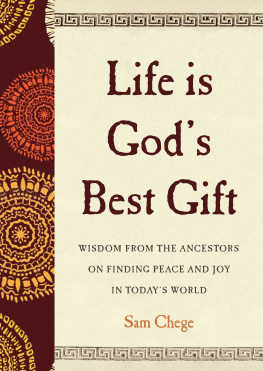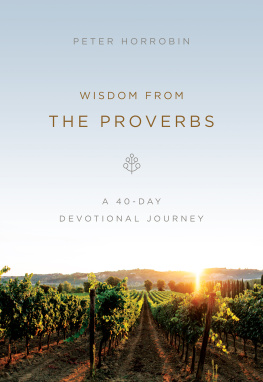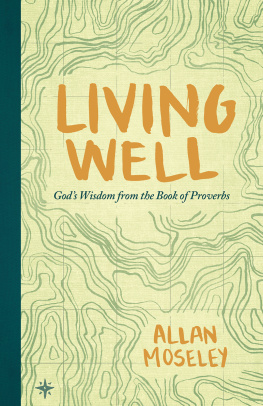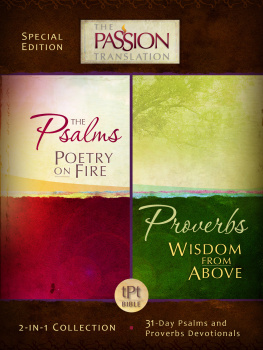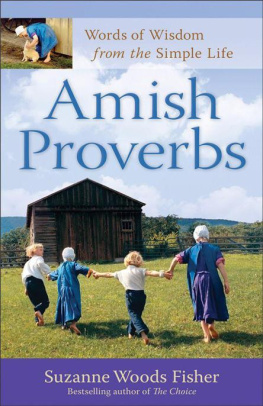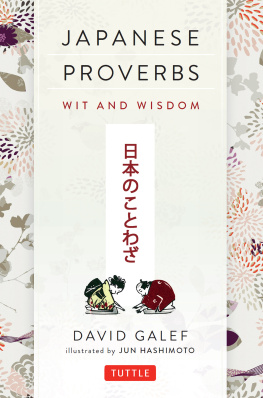Scandal of Simplicity
I have lived a wonderful life. I was born and raised in Kenya, in an African village. My home was made of mud and had no electricity, running water, or indoor toilet. Next to my bedroom was a hearth and an indoor goat shed. The animals gave us milk, and on big occasions that called for a feast, they would give us their meat. This description of my surroundings may evoke images of deprivation and neglect.
But, I assure you, it was the best life. And, it was the best life because it was a simple life. Most people would equate materialism with happiness and find it scandalous that one would find contentment in a simple life. However, my family did not know we were poor. Our world was a place of communion, where everyone poured out their love and humanity and neighborliness into a pot from which we all drank to our fill. We were a community that shared everything we had with one another.
Nobody went to bed hungry. The houses stood close to each other, separated by about ten feet. If you did not have salt or sugar, you sent your child to your neighbors house, and your child never came back empty-handed. At night the sound of children playing outside under the African moonlight captured the vibrant and carefree spirit of our youth. The moon was all we neededand each other. It would take another thirty years before electricity found its way to the village and lit the night.
But, in those days, we never missed it. In the morning, we all walked to school barefoot, a sea of ironed school uniforms marching toward our destiny. Parents who wanted their kids to study hard and make a better life for themselves always pointed to the principal as the role model. His life and position in society were a testament to the value of education and its potential to change lives. In my village there were a few hundred people. The principal happened to be one of the most educated people in the village.
He along with other teachers who taught us in elementary school had the best houses, with indoor plumbing, bathrooms, and personal generators for electricity while the rest of us lived in mud houses. In my village, there was one car and it belonged to the school principal. The rest of us either walked wherever we went or took public transport if we needed to cover long distances. When emergencies struck, people would knock on the principals door for help. He never turned anyone away. Pregnant women whose time to deliver had come, or parents of sick kids who would never have made it through the nighthe took them all in and delivered them to the hands of doctors many miles away in the deep of the night.
He never charged anyone for his services. It was a simple lifea scandalously simple life. But it was the time I spent with my grandparents that made this simple life meaningful for me. In most African societies, the elderly are revered and sit at the pinnacle of the family structure. It has been assumed that wisdom comes with age. There is a famous African proverb that says, An elder who is sitting down on a stool can see farther than a young boy perched in a tree.
In other words, those who have lived long have more experiences in life. Youth are encouraged to consult them to learn about life. Wisdom is a treasure that our ancestors have handed down to us in the form of wise sayings, judicious encouragements, lived experiences, and proverbs. Those who listen to the elders pave their own road to success. Reverence for the elderly not only enables you to receive wisdom from them but also honors the natural order of the society as expressed in another philosophical but popular African proverb: Where is the house where the mouse is the leader? In other words, the young (the mouse) do not reign while the elders are still alive. Among my people, it is customary for a child to live with aging grandparents and to run their errands, perform minor chores, and do other tasks to help them age gracefully.
It was a position of privilege and honor that opened a whole new world to me. In Africa we have a saying that one who is raised by grandparents knows deep culture. Grandparents are the repositories of culture and history. Storytelling is a form of oral tradition that allows one generation to pass on knowledge and wisdom to the next generation, and I spent my evenings around the fire listening to them tell me stories. I was mesmerized by the profound history, rich insight, and depth of knowledge my elders had to share. I was especially intrigued by the proverbs.
They were succinct and loaded. They reminded me of an onion. Each proverb was packed with layers of profound understanding. I could just keep peeling away at each one and come to a higher and higher level of comprehension. Collectively, the proverbs helped me appreciate where I came from, create a professionally rewarding life, bond with my community, and give back to society. My fascination with the proverbs took me on a journey of discovery, gathering proverbs from all over Africa, as I wanted to help others to live a satisfying life.
I have collected thousands of proverbs over the years and I am constantly in awe of their power to focus my attention on what is important in life. Life Is Gods Best Gift is the result of my work and my gift to youancient wisdom meant to be shared. In traditional African societies, fire was produced from a special wood or stone and community members could take it from anyone who had it. Im passing along this flame of wisdom to you. I have selected a representative sample of proverbs from various countries throughout Africa. Given the history of early migrations, similar proverbs exist throughout the continent in a variety of versions, each country using images drawn from the local environment.
The continent of Africa is where knowledge, art, music, trade, and agriculture first flourished, and where even today natural resources abound. Life Is Gods Best Gift is a treasure and an example of Africas wealth. A rich harvest that will fill your soul and influence every aspect of your life, this delightful compendium of more than 300 pearls of wisdom will inspire purpose every day. Read one proverb each day for one year and apply the insight to your life, and I guarantee that after 365 days your spirit will be renewed. Trust me, the ancestors will shine light on your path. , teaches you how to align yourself with positive values so you can take your rightful place as a valued member of your community and, indeed, of the human race. , teaches you how to align yourself with positive values so you can take your rightful place as a valued member of your community and, indeed, of the human race.
Through these proverbs, I share lifes most important values, offering principles on ways to establish a life of substance and fulfillment. For example, the village life taught me that regardless of our station in life, our stories start and end the same waywith birth and death. It is what you do in between that sets you apart. In the section titled , I encourage you to let your actions be the garlands that etch your name in eternal memory. In a world that judges the value of people based on their material possessions and other trappings of modernity, the village places a premium on character. For as the proverb says, Wealth and fine clothes do not make character.
From your ancestors comes your name, but your honor comes from your virtue. In this invaluable guide, these ancient proverbs ask you to make every day of your life a page of your history. The late Professor Wangari Muta Maathai says it another way: Be the difference maker and do the best you can. In 2004, she became the first African woman to receive the Nobel Peace Prize for her contribution to sustainable development, democracy, and peace. Among her best-known stories describing her view of life was one about the hummingbird. It is the story of a huge forest that was being consumed by a raging fire.

